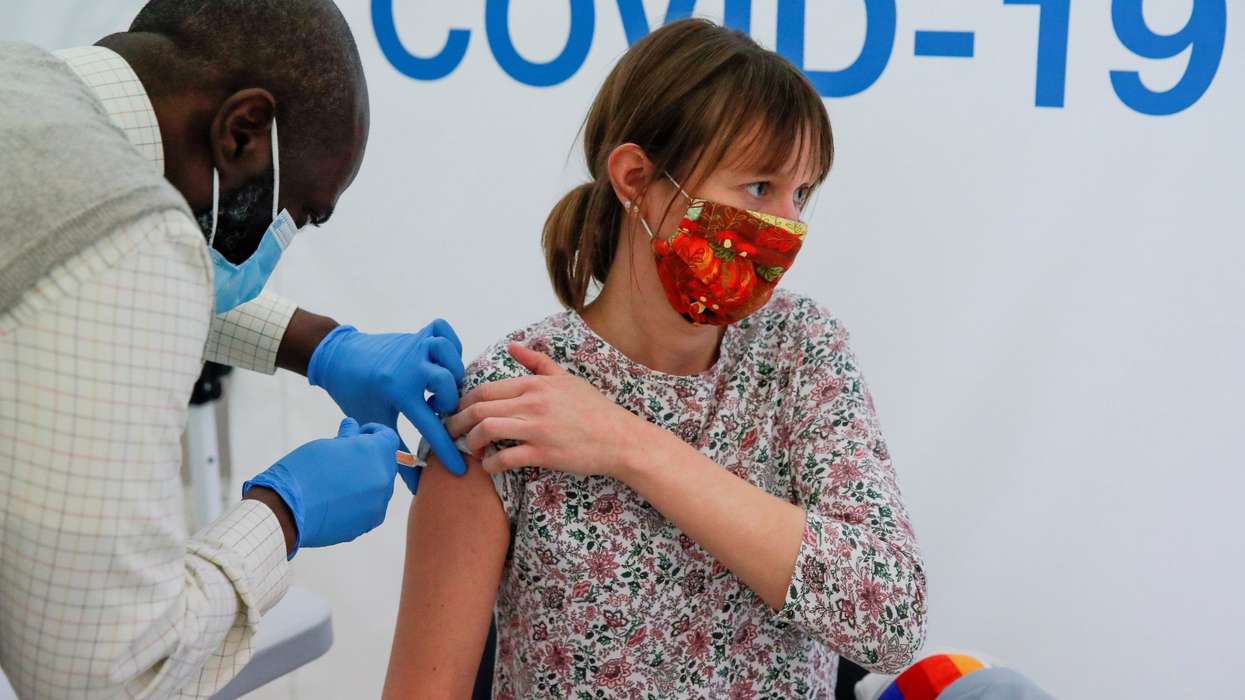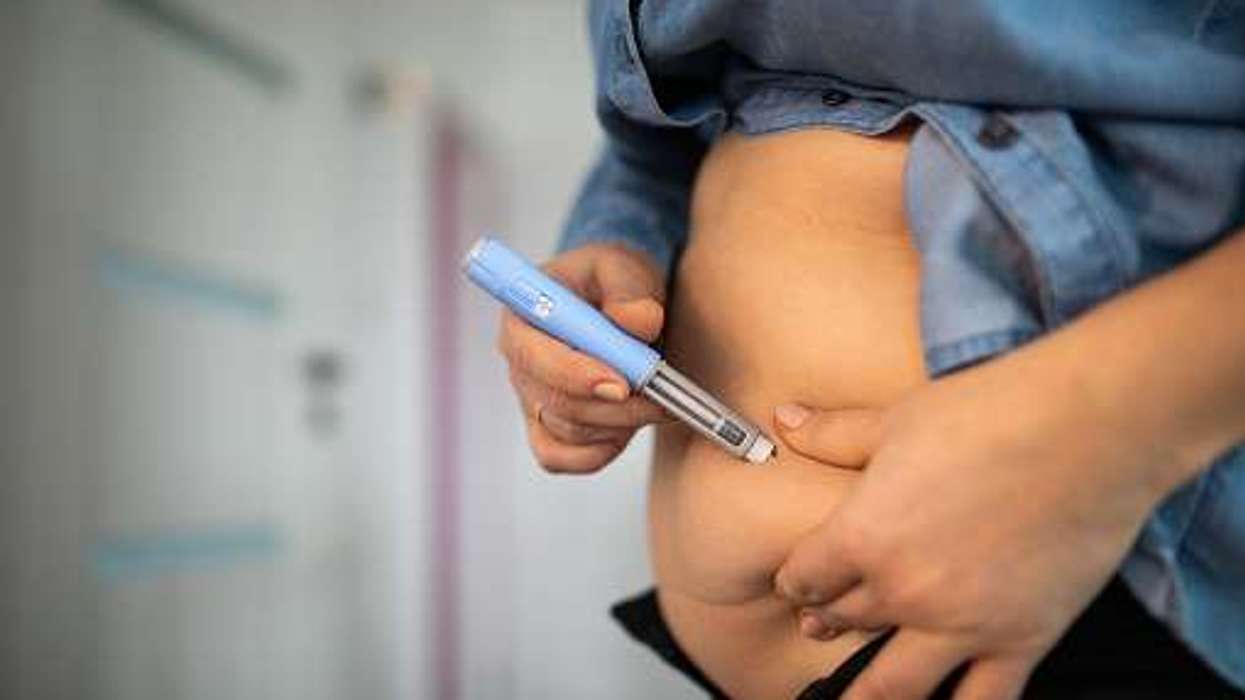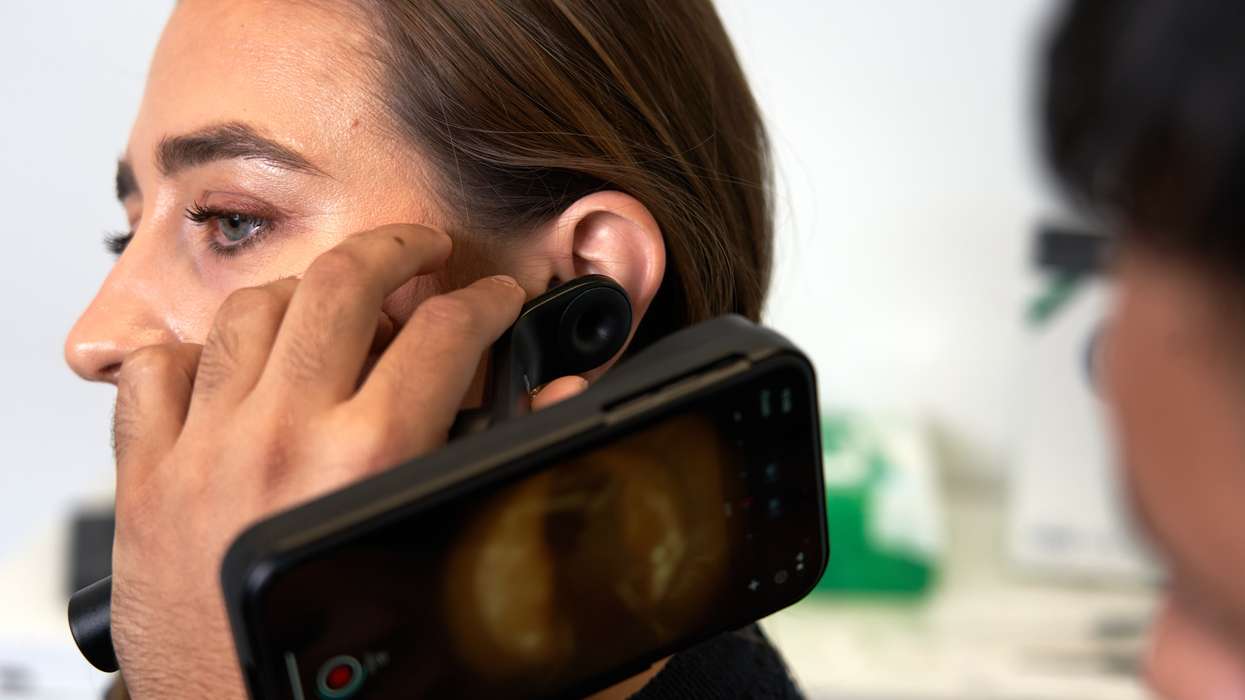In response to new research that revealed inequality in menopause support with 51 per cent of women from black, Asian and minority ethnic backgrounds, Holland & Barrett, the UK’s leading health and wellness retailer, has decided to continue its menopause campaign work to make “every menopause matter”.
A quarter of women (26 per cent) from minority ethnic communities say they find it difficult to access menopause support relevant to their specific backgrounds.
Alongside support from Olympian and menopause campaigner, Michelle Griffith Robinson and expert, Meera Bhogal, the retailer is launching several new initiatives to make its information and support on menopause more inclusive by offering more diverse and personalized advice and content, tailored to different needs.
Almost a third (31 per cent) believe being able to speak to a female healthcare professional of the same ethnicity as them would have made a difference to their menopause experience. Fifteen per cent go as far as saying that communicating in their native language would have made a positive difference.
Based on these findings, Holland and Barrett is the first retailer to launch a free, multi-language menopause online consultation service. The service will see trained H&B menopause advisors offering guidance and symptom support in multiple languages, starting with Hindi, Urdu, Gujarati and Punjabi.
Cross-cultural research shows a person’s race and cultural background may impact how a woman may feel about menopause, the severity of their symptoms, when the symptoms might start, and even how long they will last, for example – on average, black women start menopause two years earlier than their white European counterparts and will typically reach menopause aged 49.
A SWAN study found that for black women, symptoms such as hot flushes and night sweats are more often severe and last longer than those in white, European women. The symptoms in Asian women are different again.
Recognizing the need for a more tailored approach, all 4,000 H&B colleagues have also had extended training to help better advise on menopause symptoms and solutions.
Lina Chan, Director of Women’s Health at H&B, comments: “We have long supported women’s wellness and while a lot of work has taken place to break the taboo surrounding menopause, our customers have told us there’s still much more to do to represent every woman’s experience. That’s why we’ve worked with our colleagues, and leading campaigners such as Menopause Mandate and Wellbeing of Women to look at simple ways we can help all women to be heard and supported, both through H&B and out in the communities we serve. We know there is more to do to make the menopause conversation truly inclusive of all experiences, and this is our next step on that journey.”
Menopause expert, Meera Bhogal, says: “In the South Asian community, women’s health isn’t talked about generally, so when I started experiencing perimenopausal symptoms at 40, I had no clue what was happening to me. I wish I had been equipped with the right information, which is why I really welcome the steps H&B is taking. I really want to help remove the stigma of the menopause and open-up conversations and help women from all communities be able to access the advice and support they need.”
As part of H&B’s Every Menopause Matters campaign, customers will find menopause content online in different languages, and in a pilot, its ad campaign will be translated in Hindi to reach and support a wider community of women for whom language may be a barrier.
The retailer has also partnered with leading women’s health charity, Wellbeing of Women, to launch ‘The Women’s Health Community Fund’ which will provide resources to individuals and groups in under-served communities with a specific focus on those from lower income families, ethnically diverse communities, those with disabilities and LGBTQ+, to raise awareness and provide information on menopause in the way that best reaches and serves the needs of their community.
Janet Lindsay, CEO, Wellbeing of Women, said: “We are excited to be working with Holland & Barrett to launch the Women’s Health Community Fund. By providing grants to people from under-served groups, we hope it will give them the resources needed to help improve awareness, education and support on the menopause in their communities.
“There are stark inequalities for women and people when accessing menopause information and care which are generally not designed to meet the particular needs of Black, Asian or other ethnic minority groups, as well as those from economically disadvantaged backgrounds or with disabilities and LGBTQ+. We look forward to collaborating with communities throughout the UK to help ensure no woman or person is left behind when it comes to the menopause.”











